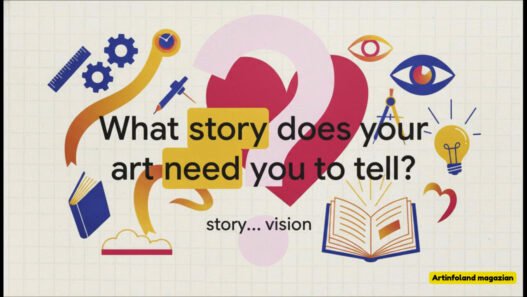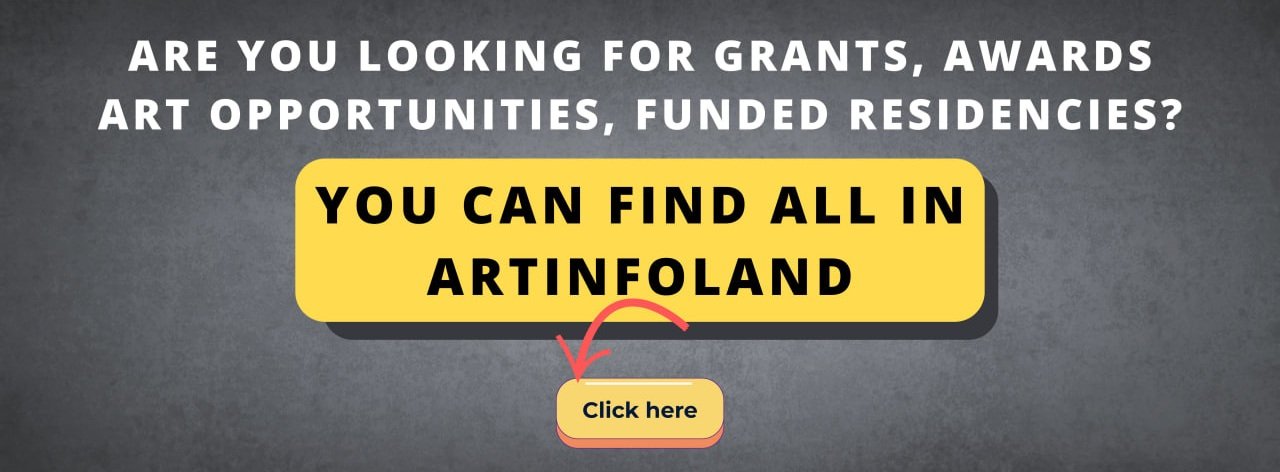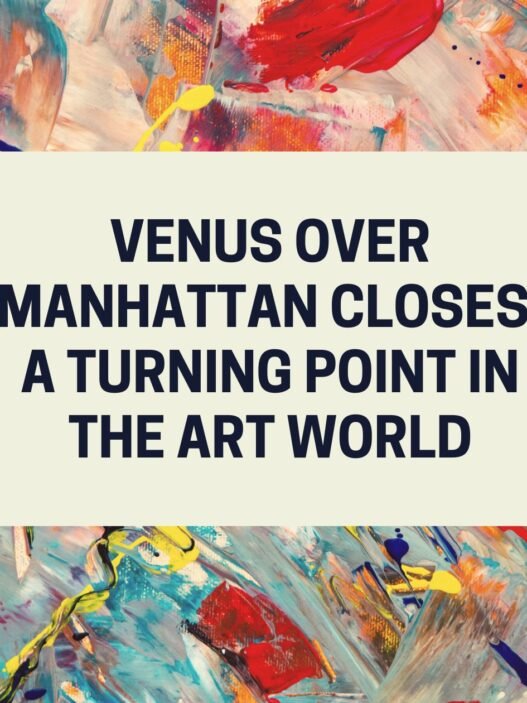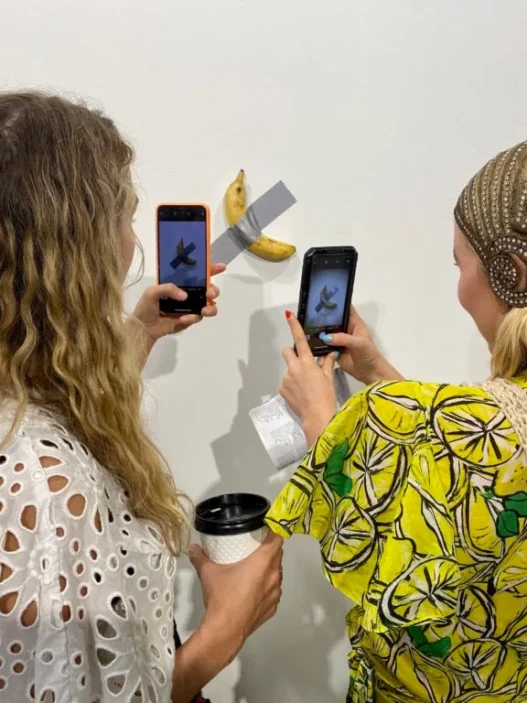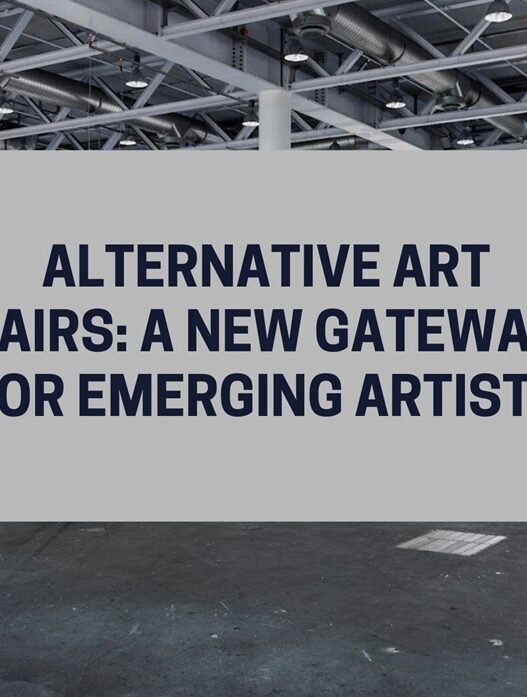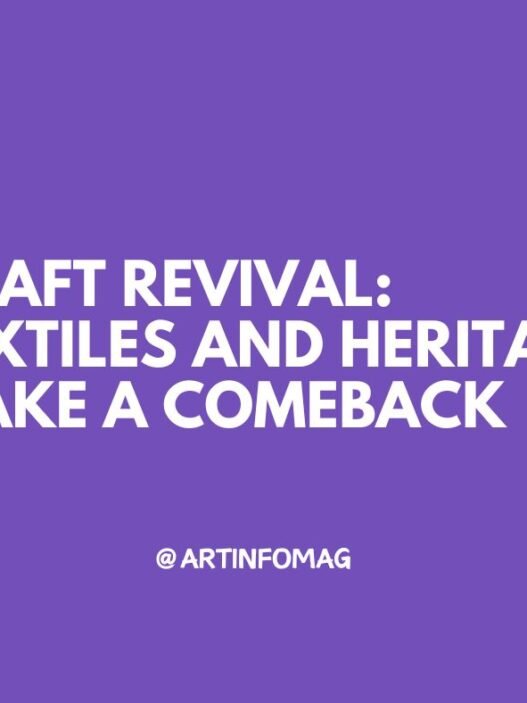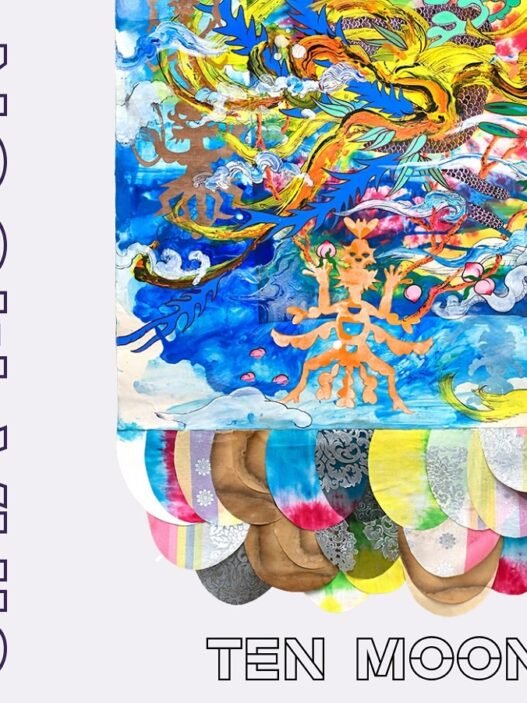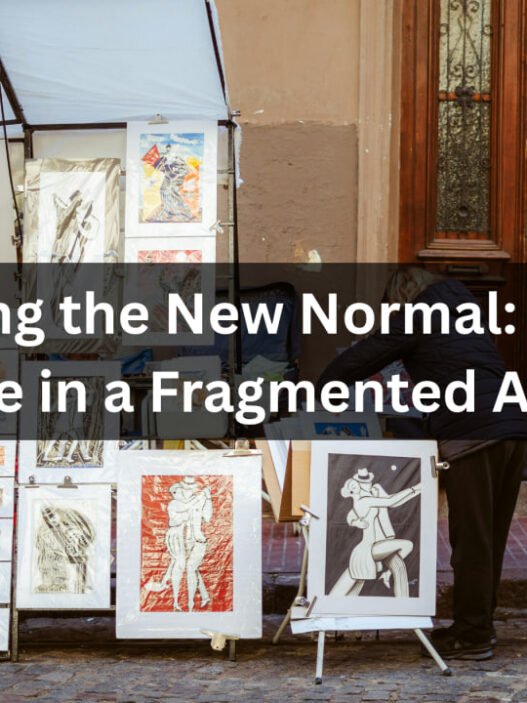The curtains have fallen on Art Basel 2025, held in late June, leaving the art world with a blend of cautious optimism and reflective analysis. This year’s fair, a barometer of global art market trends, showcased standout sales alongside signs of a shifting landscape, offering a nuanced snapshot of the industry’s current state.
Highs and Highlights
The fair delivered impressive results with several high-quality works finding eager buyers. A David Hockney landscape commanded $17 million, underscoring the enduring appeal of the British master’s vibrant compositions. Equally notable was a Ruth Asawa sculpture, which fetched $9.5 million, cementing her status as a sculptor of remarkable innovation. These sales highlight the resilience of top-tier art, drawing collectors willing to invest in proven names despite broader market challenges.
A Buyer’s Market Emerges
Yet, the overall mood was tempered by caution. Galleries responded to a softening demand by slashing prices by 20-30% on works under $1 million, signaling a buyer’s market where value and accessibility are paramount. This adjustment reflects a strategic pivot to attract a wider audience amid economic uncertainty, a trend analysts are watching closely as the market recalibrates.
Attendance and Global Shifts
Attendance from American collectors dipped for the second consecutive year, likely influenced by trade tensions and economic volatility tied to recent U.S. policy shifts. This decline underscores the impact of global trade dynamics on art market participation. However, the fair wasn’t without hope. Reports of returning collector energy suggest a gradual rebound, with growing interest in global artists like Emily Kam Kngwarray and Jaune Quick-to-See Smith. These Indigenous artists, representing Australia and the United States respectively, are gaining traction, reflecting a broader appetite for diverse voices from the Global South and beyond.
Looking Forward
Art Basel 2025 serves as a mirror to a market in transition. While the high-end segment holds firm, the willingness to discount and the dip in American attendance point to a cautious approach. Yet, the enthusiasm for emerging global talents offers a promising outlook. As the art world navigates these shifts, the fair’s success with quality works suggests that strategic pricing and inclusivity could pave the way for recovery.
What are your takeaways from Art Basel 2025? Share your insights with Artinfoland Magazine’s community below!




